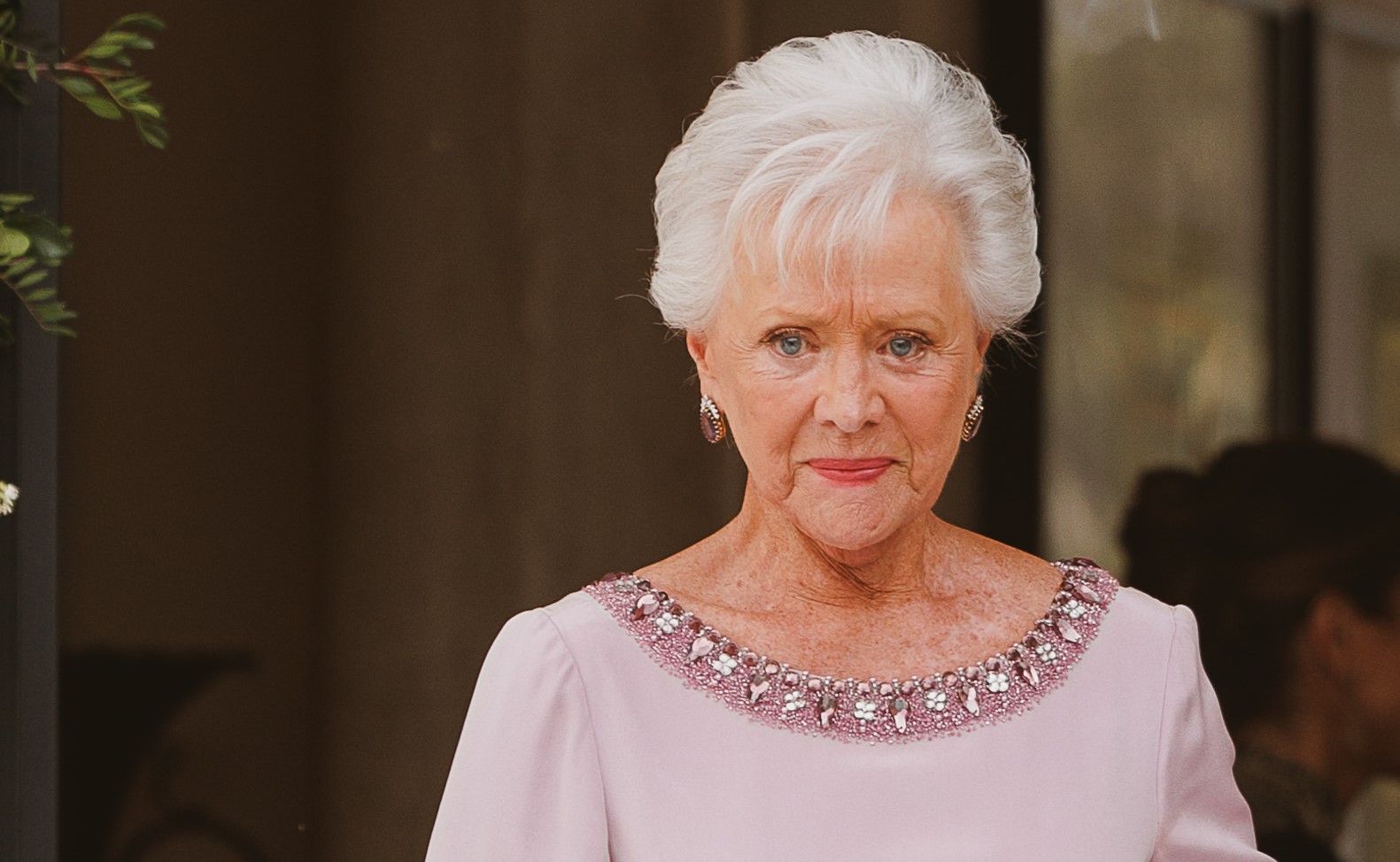journalofserviceclimatology.org – Princess Muna Al Hussein, the mother of King Abdullah II of Jordan, has been a significant figure in the country’s history, playing a crucial role in advancing healthcare and nursing education in Jordan. Originally born as Antoinette Gardiner in the United Kingdom, Princess Muna’s journey to Jordanian royalty and her subsequent contributions to the nation’s well-being have made her a respected and beloved figure. Her legacy is defined by her enduring dedication to public health, particularly in the field of nursing.
From Antoinette Gardiner to Princess Muna Al Hussein
Princess Muna Al Hussein was born Antoinette Avril Gardiner on April 25, 1941, in Suffolk, England. Her life changed dramatically when she met King Hussein of Jordan while working on the set of the epic film Lawrence of Arabia, which was filmed in Jordan. The two married in 1961, and she took the name Muna Al Hussein upon her marriage, marking her new role in the Jordanian royal family. Although the marriage ended in 1972, Princess Muna remained in Jordan and focused on her new life’s mission—improving healthcare and nursing education in the Kingdom.
Princess Muna is the mother of four children, including King Abdullah II, who succeeded his father, King Hussein, to the throne in 1999. Her role as the mother of the king has cemented her status within the royal family, though her contributions extend far beyond her familial ties.
A Lifelong Advocate for Healthcare and Nursing
One of Princess Muna Al Hussein’s most notable contributions has been her unwavering support for the advancement of healthcare in Jordan, particularly in the nursing sector. Recognizing the importance of well-trained medical professionals for the nation’s development, she became an advocate for nursing education and has worked tirelessly to elevate the standards of the profession in Jordan.
In 1962, she founded the Princess Muna College of Nursing and Allied Health Professions, now known as the Princess Muna College for Nursing and Military Sciences, which has been instrumental in training thousands of nurses and healthcare professionals in Jordan. Her vision was to empower women in particular to take up nursing as a profession, as it was seen as both a vital service and a pathway to personal and professional growth.
Her dedication to improving nursing education has earned her the title “Patron of Nursing and Midwifery in Jordan.” Through her efforts, Jordan has become a regional leader in healthcare education, providing top-quality training for nurses who work both domestically and internationally.
A Global Champion for Nursing
Princess Muna’s advocacy extends beyond Jordan, as she has taken on a global role in promoting healthcare and nursing education. She has been a key figure in international health organizations, participating in initiatives aimed at improving global health standards and addressing healthcare challenges.
As a World Health Organization (WHO) Patron for Nursing and Midwifery in the Eastern Mediterranean region, Princess Muna has contributed to efforts to enhance the status of nurses and midwives across the region. Her work has helped strengthen the role of nurses in improving health outcomes, particularly in underserved and rural areas, where healthcare services are often scarce.
She has also been involved with the International Council of Nurses (ICN), furthering her commitment to advocating for the nursing profession on a global scale. Her leadership in these roles has helped raise awareness of the critical role that nurses play in healthcare systems worldwide.
A Legacy of Public Service
In addition to her healthcare advocacy, Princess Muna Al Hussein is known for her broader public service efforts. She has been involved in numerous charitable and educational initiatives in Jordan, reflecting her commitment to improving the lives of the Jordanian people. Through her patronage of various organizations and institutions, Princess Muna has focused on promoting education, healthcare, and social welfare.
Her long-standing dedication to these causes has made her a respected and admired figure, both within Jordan and internationally. Her work has not only improved the quality of healthcare in Jordan but has also empowered women to pursue careers in nursing and other medical fields, contributing to the country’s overall progress.
The Mother of a King and a Champion of Healthcare
As the mother of King Abdullah II, Princess Muna has played a significant role in shaping the values and leadership qualities of the current Jordanian monarch. Her emphasis on education, public service, and healthcare is reflected in her son’s approach to governance and his own efforts to modernize Jordan and improve the quality of life for its citizens.
Despite her royal status, Princess Muna has always maintained a relatively low profile, choosing to focus on her work in healthcare and education rather than public appearances or politics. Her commitment to improving the lives of ordinary Jordanians, particularly through healthcare, has made her a beloved figure in the country.
Conclusion
Princess Muna Al Hussein’s legacy is one of dedication to public service, particularly in the field of healthcare and nursing education. As the mother of King Abdullah II, she has played a pivotal role in both the royal family and in shaping the future of Jordan’s healthcare system. Her work to elevate nursing standards and promote healthcare education has had a lasting impact, not only in Jordan but also across the region and beyond.
Princess Muna’s commitment to improving the lives of others, especially through her advocacy for nursing, continues to inspire and empower generations of healthcare professionals. Her influence as a royal and as a humanitarian ensures that her legacy will endure for years to come.
